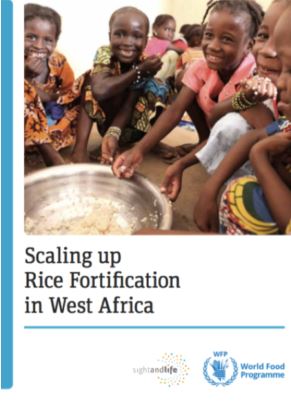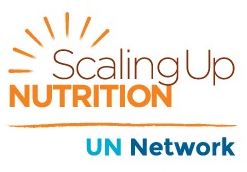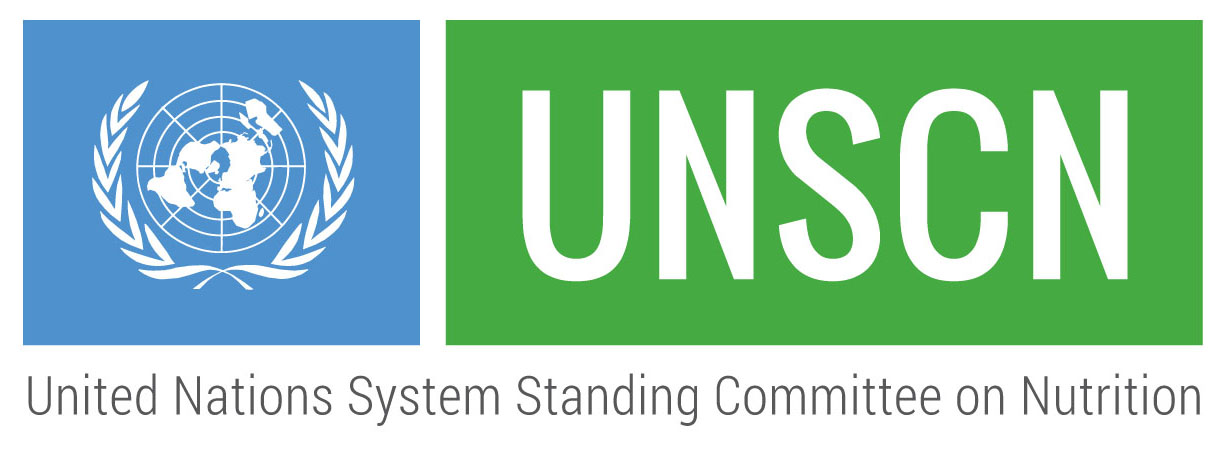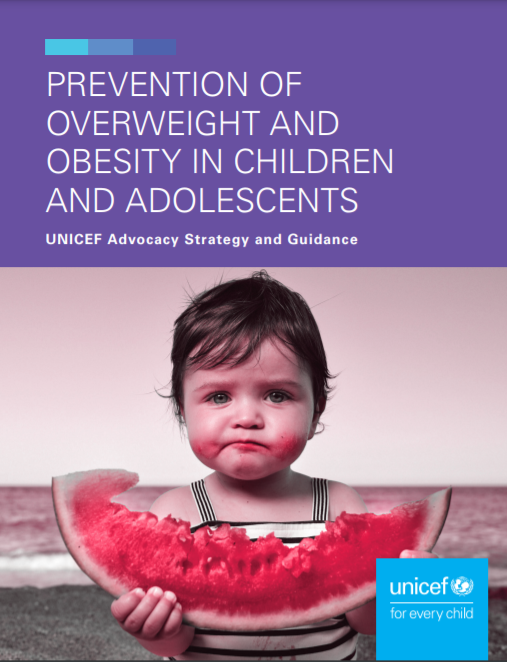Methods, Tools and Indicators
Find a selection of the most relevant methods, tools and indicators that are useful for a food and nutrition practitioner and/or decision maker.
Latest content relevant to Methods, tools and indicators

Monitoring and Evaluating for Inclusive and Sustainable Food Systems
03/04/2019 - 3-4 April 2019WICC Wageningen, the Netherlands In order to deliver on the 2030 SDG- Agenda, we need to improve on the performance of food systems. 'Achieving the Sustainable Development Goals [...]

Investing in Breastfeeding in 2019
30/01/2019 - On 30 and 31 January 2019 join a Global Breastfeeding Collective Webinar in Support of the Scaling Up Nutrition (SUN) Movement to be held in English, French and Spanish. Breastfeeding benefits [...]

Sight and Life and WFP Supplement: Scaling up Rice Fortification in West Africa
19/12/2018 - In West Africa, the prevalence and impact of micronutrient deficiencies are significant, and anemia, vitamin A deficiency, and iodine deficiency remain of public health concern. For example, every [...]

Nutrition Exchange, Issue 10
30/07/2018 - Nutrition Exchange has reached a milestone with its tenth edition! Issue 10 features original articles by frontline practitioners working at country level [...]

UNICEF First Food Series for Young Children - A Video Series on Complementary Feeding
24/05/2018 - These series of videos cover the best practices of when, what and how to feed the first foods to young children aged 6–23 months. Using real home feeding situations in Kenya, [...]

Call for comments on the draft WHO Guidelines on saturated fatty acid and trans-fatty intake for adults and children
07/05/2018 - Public consultation open from 04 May to 1 June 2018 Noncommunicable diseases (NCDs) are the leading causes of death and were responsible for an estimated 39.5 million (72%) of the world’s 54.7 [...]

Using Harmonized Individual Quantitative Food Consumption Data
06/03/2018 - An introduction to the FAO/WHO Global Individual Consumption Data (GIFT) Tool 6 March 2018 - 09:00 DC | 15:00 Rome (English) Many policymakers and programme managers rely on food availability [...]

Guidance Note on Integration of Nutrition in the United Nations Development Assistance Framework (renamed Cooperation Framework)
02/01/2018 - The purpose of this Guidance Note is to assist United Nations Country Teams (UNCTs) with the integration of nutrition into the United Nations Sustainable Development Cooperation Framework that [...]

Strengthening Food-based Approaches To Reduce Iron Deficiency
05/12/2017 - 5 December 2017, 8:00-9:30 a.m. EST | 14:00 CEST | 17:30 IST Iron deficiency is one of the primary causes of anemia, a condition that affects over 1.5 billion people globally. Policymakers who want [...]

Joint IAEA-WHO-UNICEF Workshop on Analysis of Biological Pathways to Better Understand the Double Burden of Malnutrition and to Inform Action Planning
03/10/2017 - 3-5 October 2017 - IAEA Headquarters, Vienna, Austria. Low- and middle-income countries face an increasing double burden of malnutrition and disease. Food insecurity, undernutrition and infectious [...]





